Dostoevsky’s Devils is a 700-page epic of spiritual lawlessness, conniving, and singularly poor decisions. For most of the novel, this plays out in long conversations, awkward domestic scenes, and some very unfortunate social events. At the climax, everything joins in a conflagration of murders and suicides, with two or three natural deaths for variation in tragedy. Such is Dostoevsky’s genius that it scrapes above melodrama to meaning.
To end a story in a general slaughter of the principals is an established tradition. It is dignified, though not justified, by a notable presence in classic literature. As a rule, I don’t care for it. Such endings usually feel rushed, as though the author killed off the characters as the quickest expedient to ending the story. They may even be read as lazy. You could craft an unexpected, yet logical and satisfying, resolution of the characters’ internal and external struggles. Or you could just kill everyone.
The worst aspect of the “everyone dies” resolution is that it is so purposelessly bleak. The point goes beyond any objection that the story is dark, or depressing. It is the meaninglessness of it that is insupportable. If all the story’s conflict and energy simply terminates in a general slaughter, what was the point of it? The characters may as well have not bothered.
Dostoevsky’s Devils entirely acquits itself of any charge of being rushed or lazy, and not because it is 700 pages long.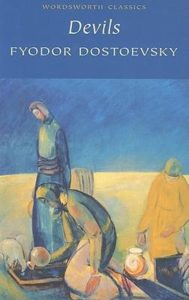 The forces in the story, at work from the beginning, slowly but inevitably plunge it down into violence. You knew that this, more or less, was how it would end. Devils does not escape the meaninglessness so crushing in similarly violent resolutions. It makes no effort to escape. Every death is senseless. There is no heroism, nothing achieved or saved. The villains win thoroughly, and even they gain nothing. With grim irony, Dostoevsky allows his villains to succeed in their schemes while failing in their objects. Most stories work in dichotomy: someone has to win and someone else has to lose. In Devils the villains fail, and still everyone else loses.
The forces in the story, at work from the beginning, slowly but inevitably plunge it down into violence. You knew that this, more or less, was how it would end. Devils does not escape the meaninglessness so crushing in similarly violent resolutions. It makes no effort to escape. Every death is senseless. There is no heroism, nothing achieved or saved. The villains win thoroughly, and even they gain nothing. With grim irony, Dostoevsky allows his villains to succeed in their schemes while failing in their objects. Most stories work in dichotomy: someone has to win and someone else has to lose. In Devils the villains fail, and still everyone else loses.
What redeems all this is the force of Dostoevsky’s ideas. The novel is sometimes labeled a critique of atheism, and that is true enough. Its full scope, however, is broader and subtler. The crucial dynamic of the novel is the strange, half-contemptuous affinity between the young radicals and the rich, respectable people in power. These, together, are Dostoevsky’s devils. The revolutionaries were active in mischief, and the people in authority complaisant to it. The radicals were declared atheists. The people in authority went to church, or at least made profession of some vague God. But they had no spiritual or intellectual anchor. They simply drifted – ever attracted by new ideas but incapable of serious examination, impressed by boldness but unable to hold conviction of their own. Indifference is as fatal to the soul as disbelief. The devils were not all atheists, but they were all godless.
This, then, is the true theme of Devils: what happens when people are left to themselves, without God. All the senseless sorrow of Devils, the oppressive futility, the blundering crimes that are at once cruel and stupid – this is what happens when God is left out of life. There is no point to the miserable episodes unleashed in the chaos of disbelief, but that is Dostoevsky’s point. “God is necessary and so must exist,” one atheist confesses. “But I know that He doesn’t and can’t.” I have no doubt that Dostoevsky believed in God. But Devils is not, at heart, a statement that God is real. It is a statement that God is necessary.
Devils is a little too heavy, a little too dark. But I understand it, and I can appreciate even those aspects I don’t enjoy. I still believe that a general slaughter of principal characters is a poor resolution to most stories. But one of the curious facts about art is that even the worst ideas are, very occasionally, done right.







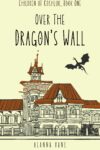




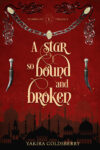
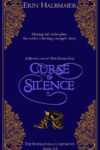
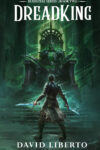






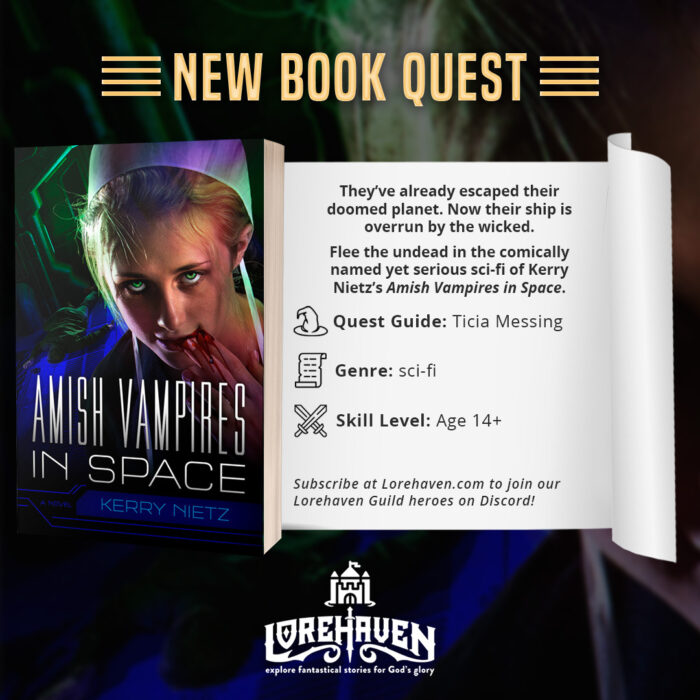









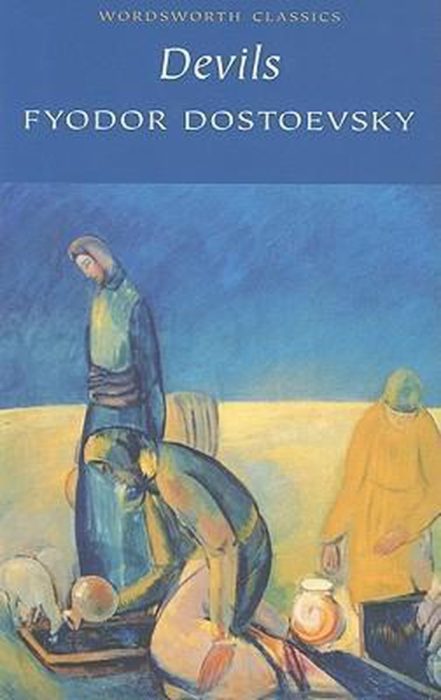









“The crucial dynamic of the novel is the strange, half-contemptuous affinity between the young radicals and the rich, respectable people in power. These, together, are Dostoevsky’s devils.” This reminds me of all the fallen leaders in “Christian” positions of power. It’s a big reason why (I know it may sound radical, but bear with me) I’m completely convinced that micro-churches and resisting “celebrity Christian culture” is the way to go. It massively decentralizes social power and erases a lot of potential for abuse, and it also hugely raises the responsibility of lay Christians in a way that raises them up from passive to actively growing in maturity. It also allows for way more accountability, because everything is more communal, and everyone knows everyone more intimately, rather than establishing the bizarre distance that celebrity gives, and allowing things to be so ridiculously hierarchical. It also makes excommunication from the church a bigger deal. Very, very, very few people can handle being celebrities or in positions of serious power and not abuse that position. Most people have no idea the evil pressures these invisible things put on people. They act like it’s the American Dream. But it’s more a moral curse than anything else. At every turn, Christians need to resist putting themselves in positions where they have religious conflicts of interest.